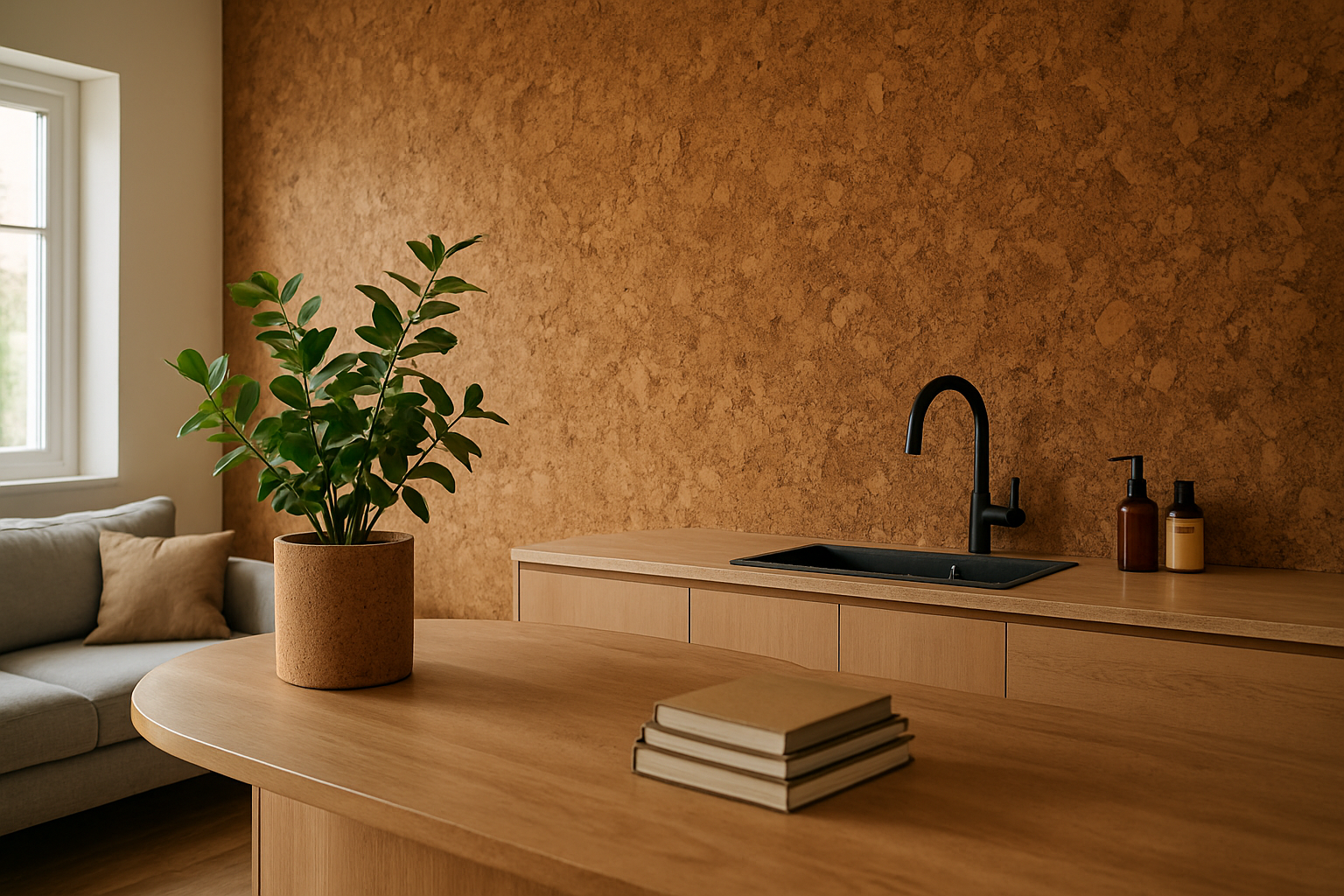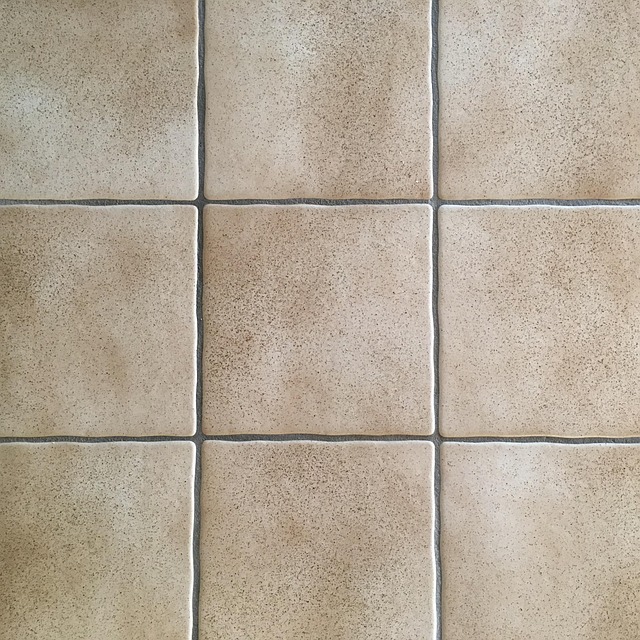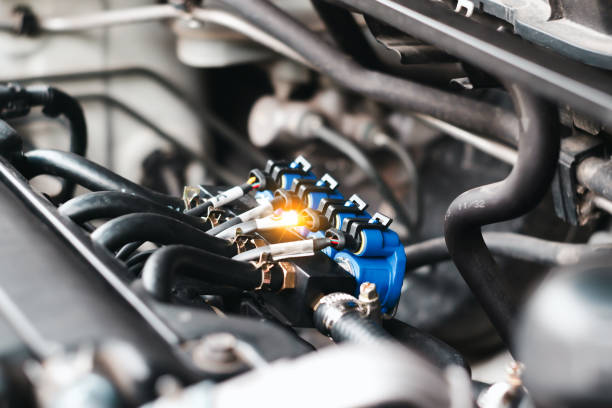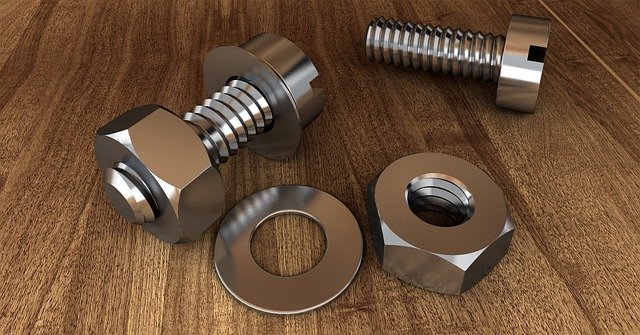The Essential Guide to Home Water Filters: Ensuring Clean Drinking Water
In today's world, access to clean drinking water is more important than ever. With growing concerns about water quality and contaminants, many homeowners are turning to water filters as a solution. This comprehensive guide will explore the world of home water filters, helping you understand their importance, types, and benefits in ensuring safe, clean water for you and your family.

Moreover, water filters can significantly improve the taste and odor of your drinking water. Many people find that filtered water tastes better, which can encourage increased water consumption and better hydration. By investing in a water filtration system, you’re not just improving water quality, but also potentially enhancing your overall health and well-being.
What Are the Different Types of Home Water Filters?
When it comes to home water filtration, there are several options to choose from, each with its own set of advantages:
-
Activated Carbon Filters: These are among the most common and affordable options. They effectively remove chlorine, sediment, and organic compounds, improving taste and odor.
-
Reverse Osmosis Systems: These advanced filters use a semi-permeable membrane to remove a wide range of contaminants, including dissolved solids, heavy metals, and some microorganisms.
-
UV Purifiers: Using ultraviolet light, these systems are particularly effective at killing bacteria, viruses, and other microorganisms.
-
Ceramic Filters: Known for their fine pores, ceramic filters are excellent at removing sediment and bacteria from water.
-
Ion Exchange Filters: These are particularly useful for softening hard water by replacing calcium and magnesium ions with sodium or potassium ions.
The choice of filter depends on your specific water quality concerns, budget, and household needs. Some homes may benefit from a combination of these technologies for comprehensive water treatment.
How Do Water Filters Improve Drinking Water Quality?
Water filters work through various mechanisms to improve the quality of your drinking water. The primary goal is to remove contaminants that can affect health, taste, and odor. Here’s how different filtration methods contribute to better water quality:
-
Physical Filtration: This involves using a fine mesh or membrane to trap particles and sediment.
-
Chemical Filtration: Activated carbon filters, for example, use adsorption to attract and hold onto contaminants.
-
Biological Filtration: UV purifiers use light to disrupt the DNA of microorganisms, preventing them from reproducing.
-
Ion Exchange: This process removes minerals that contribute to water hardness.
By employing one or more of these methods, water filters can significantly reduce the presence of harmful substances in your drinking water, leading to improved taste, clarity, and safety.
What Are the Benefits of Installing a Home Water Filter?
Installing a home water filter offers numerous benefits:
-
Health Protection: Filters remove contaminants that can pose health risks, such as lead, chlorine, and bacteria.
-
Improved Taste and Odor: Filtered water often tastes and smells better, encouraging increased water consumption.
-
Cost Savings: While there’s an initial investment, using a water filter can be more economical than buying bottled water in the long run.
-
Environmental Impact: Reducing reliance on bottled water decreases plastic waste and your carbon footprint.
-
Appliance Protection: Filtered water can extend the life of appliances like coffee makers and ice machines by reducing mineral buildup.
-
Skin and Hair Health: Filtered water can be gentler on skin and hair, especially in areas with hard water.
How to Choose the Right Water Filter for Your Home?
Selecting the right water filter depends on several factors:
-
Water Quality: Have your water tested to identify specific contaminants you need to address.
-
Household Size: Consider your daily water consumption to choose an appropriately sized system.
-
Installation Requirements: Some systems are easy to install under the sink, while others may require professional installation.
-
Maintenance Needs: Factor in the cost and frequency of filter replacements.
-
Certifications: Look for filters certified by reputable organizations like NSF International or the Water Quality Association.
-
Budget: Balance the initial cost with long-term operational expenses.
| Water Filter Type | Typical Cost Range | Key Benefits |
|---|---|---|
| Pitcher Filters | $20 - $70 | Affordable, easy to use, improves taste |
| Faucet-Mounted Filters | $30 - $100 | Convenient, no-installation required |
| Under-Sink Filters | $100 - $500+ | High capacity, comprehensive filtration |
| Whole-House Systems | $500 - $3000+ | Filters water for entire home, long-lasting |
| Reverse Osmosis Systems | $200 - $1000+ | Advanced filtration, removes wide range of contaminants |
Prices, rates, or cost estimates mentioned in this article are based on the latest available information but may change over time. Independent research is advised before making financial decisions.
Investing in a home water filter is a smart decision for anyone looking to improve their drinking water quality. By understanding the different types of filters available, their benefits, and how to choose the right one for your needs, you can ensure that you and your family have access to clean, safe, and great-tasting water right from your tap. Remember, clean water is not just about quenching thirst; it’s about promoting overall health and well-being in your home.






